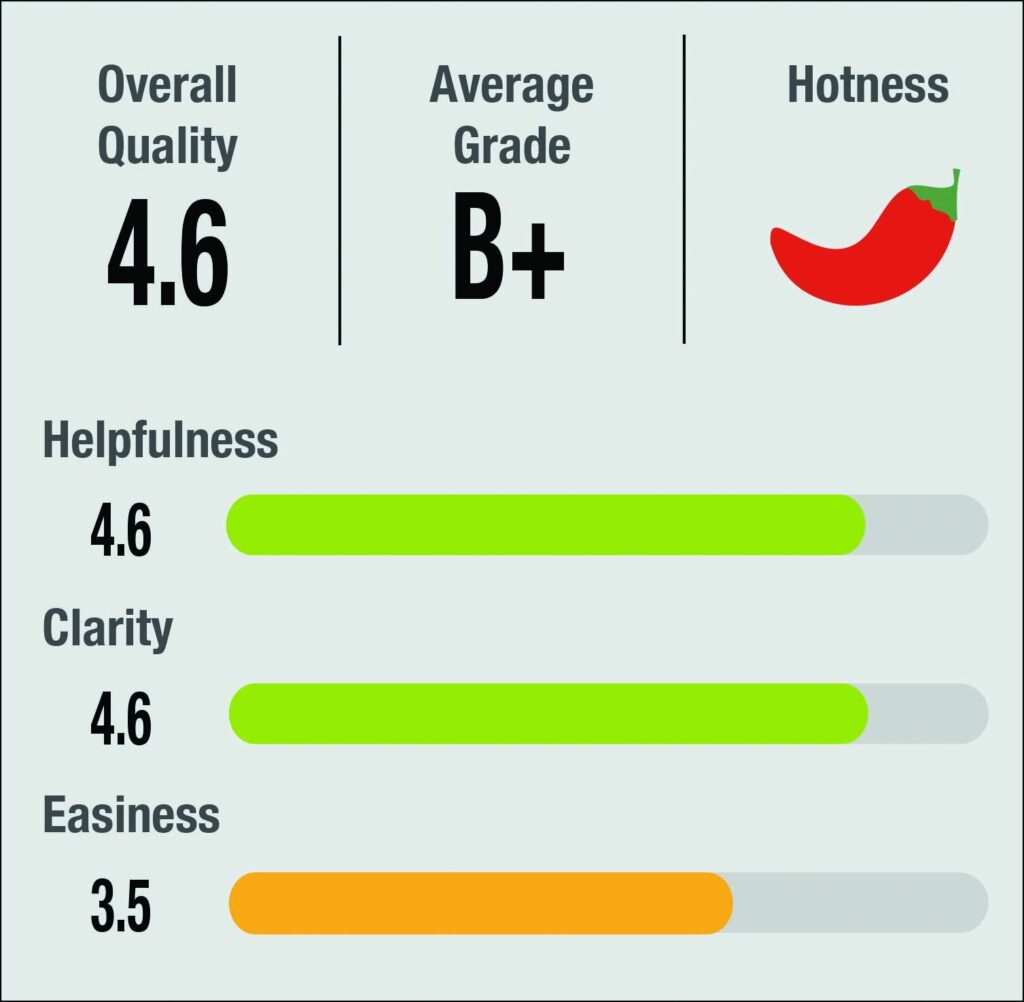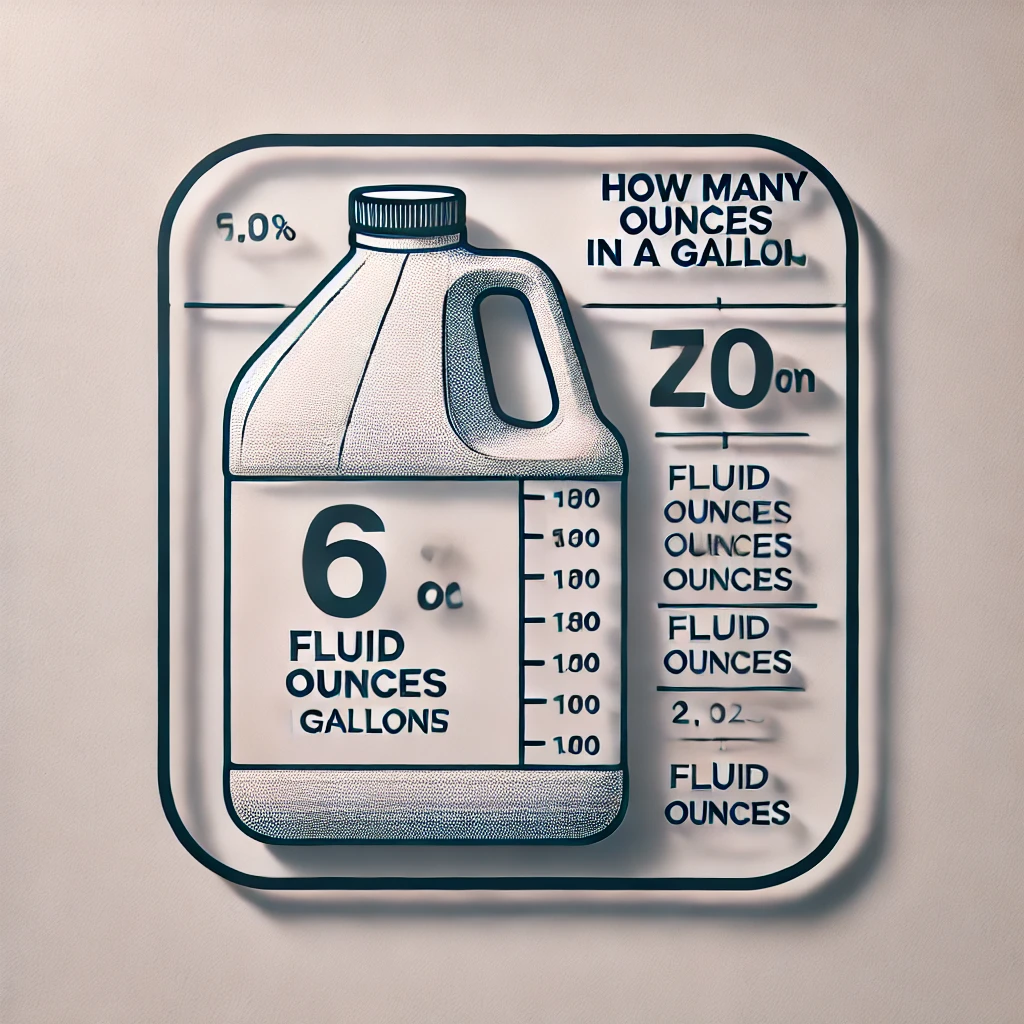When you start to think about how we measure time, it’s fascinating to see how it’s all structured. One of the most common questions people ask when considering time is “how many weeks in a year?” It seems straightforward, but it can be more complex than you might expect. Let’s delve into the details to provide a clear understanding.
What Is a Year?
Before answering the question, “how many weeks in a year,” it’s essential to understand what constitutes a year. A year is the time it takes for the Earth to complete one orbit around the sun. This period is known as a solar year or a tropical year, and it is approximately 365.25 days long.
Standard Year vs. Leap Year
When you ask “how many weeks in a year,” it’s important to distinguish between a standard year and a leap year. A standard year consists of 365 days, while a leap year has 366 days. Leap years occur every four years to account for the extra 0.25 days it takes for the Earth to orbit the sun each year. Without leap years, our calendar would slowly drift out of sync with the seasons.
How Many Weeks in a Standard Year?
To answer the question, “how many weeks in a year,” let’s break it down:
- A standard year has 365 days.
- There are 7 days in a week.
Dividing 365 days by 7 days per week gives you:
365 ÷ 7 = 52 weeks and 1 day.
So, in a standard year, there are 52 weeks and 1 extra day. This extra day is often overlooked when people think about how many weeks are in a year, but it’s important for keeping our calendar accurate.
How Many Weeks in a Leap Year?
In a leap year, the calculation changes slightly due to the extra day. To understand how many weeks in a year during a leap year:
- A leap year has 366 days.
- There are still 7 days in a week.
Dividing 366 days by 7 days per week gives you:
366 ÷ 7 = 52 weeks and 2 days.
So, in a leap year, there are 52 weeks and 2 extra days. This slight variation is another factor that keeps our calendar aligned with the Earth’s orbit around the sun.
How Many Workweeks in a Year?
When people ask, “how many weeks in a year,” they might also be referring to workweeks, especially in a professional context. A typical workweek is considered to be 5 days long, from Monday to Friday. To calculate how many workweeks are in a year:
- In a standard year, there are 52 weeks.
- Subtracting weekends (2 days per week), the workweek consists of 5 days.
Since there are 52 weeks in a year, the total number of workdays would be:
52 weeks × 5 workdays per week = 260 workdays.
So, there are 260 workdays in a standard year. In a leap year, you simply add one more workday if the extra day falls on a weekday, making it 261 workdays.
How Many Weeks in a Year: Quarterly Breakdown
Understanding how many weeks are in a year can also be broken down quarterly:
- Q1 (January – March): Typically 13 weeks
- Q2 (April – June): Typically 13 weeks
- Q3 (July – September): Typically 13 weeks
- Q4 (October – December): Typically 13 weeks
Adding these up, we return to the 52 weeks in a year, with the remaining 1 or 2 extra days depending on whether it’s a leap year or not.
How Many Weeks in a Fiscal Year?
In business and accounting, the fiscal year might not align perfectly with the calendar year, and this can affect how many weeks in a year are counted for financial reporting:
- A standard fiscal year typically mirrors the calendar year and includes 52 weeks.
- A 52-53 week fiscal year can occur in certain business accounting practices, where companies choose to standardize the number of weeks in a fiscal year to 52 or 53 weeks.
This practice can lead to slight variations in how businesses calculate their fiscal periods, impacting how many weeks in a year they report.
Why Is Knowing How Many Weeks in a Year Important?
Understanding how many weeks in a year is crucial for various reasons:
- Financial Planning: Businesses and individuals alike use weeks to plan budgets, forecasts, and financial goals.
- Educational Calendars: School systems often plan their academic calendars based on weeks.
- Project Management: Many projects are scheduled and tracked on a weekly basis, making it essential to know the number of weeks in a year.
- Work Scheduling: Human resources departments rely on the number of weeks to manage payroll, vacations, and work schedules.
- Personal Planning: From planning vacations to setting personal goals, knowing the exact number of weeks in a year helps in effective time management.
How Many Weeks in a Year: The Impact on Time Management
When you understand how many weeks in a year, you can significantly improve your time management skills. For instance, breaking down large tasks or goals into weekly segments makes them more manageable. Knowing there are 52 weeks in a year allows you to allocate time for different projects, ensuring that you meet deadlines without feeling overwhelmed.
In personal life, understanding how many weeks in a year can help you plan vacations, family time, and personal development activities. For example, if you want to read 12 books in a year, you could plan to read one book every four weeks, giving you a clear and achievable goal.
Weekly Habits and Long-Term Success
Breaking down a year into weeks also helps in establishing habits. If you’re looking to create a new habit, such as exercising or learning a new skill, thinking in terms of weeks rather than months or years makes the goal feel more attainable. Each week becomes a fresh start, and with 52 opportunities to make progress, you’re more likely to stick with your new habit.
FAQs
1. How many weeks in a year are there?
There are 52 weeks in a year, plus 1 day in a standard year and 2 days in a leap year.
2. How many weekends are in a year?
There are 52 weekends in a year, which equals 104 weekend days (Saturday and Sunday).
3. How many workweeks are in a year?
There are 52 workweeks in a year, typically consisting of 260 workdays in a standard year.
4. How does a leap year affect the number of weeks?
A leap year still has 52 weeks, but it includes 2 extra days, making it 366 days in total.
5. How many weeks in a fiscal year?
A fiscal year typically has 52 weeks, though some companies use a 52-53 week fiscal year for accounting purposes.
In conclusion, understanding how many weeks in a year is vital for accurate time management, planning, and achieving your goals. Whether you’re organizing your personal life, managing projects, or planning financially, knowing the exact number of weeks helps you stay on track.





Your point of view caught my eye and was very interesting. Thanks. I have a question for you.
I don’t think the title of your article matches the content lol. Just kidding, mainly because I had some doubts after reading the article.
Can you be more specific about the content of your article? After reading it, I still have some doubts. Hope you can help me.
Your article helped me a lot, is there any more related content? Thanks!
Your article helped me a lot, is there any more related content? Thanks!
Can you be more specific about the content of your article? After reading it, I still have some doubts. Hope you can help me.